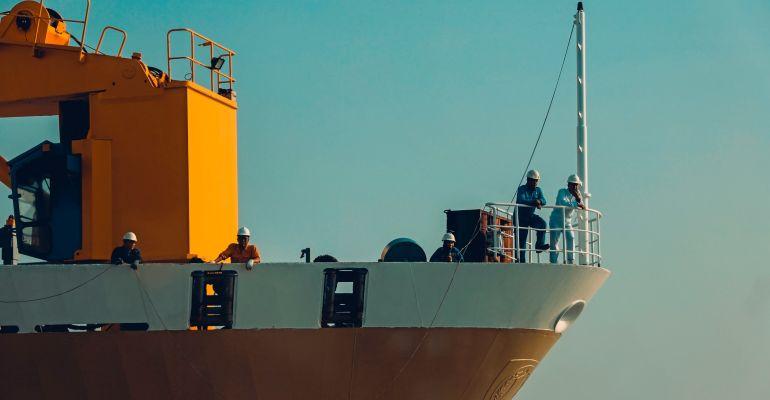Speaking in parliament on 16 December Shipping and Island Policy Minister Christos Stylianides said legislation is being prepared to support the initiative on education and keep the industry adequately staffed.
"Shipping’s leading role is based on people and we should provide the opportunity to have Greek sailors of a very high level in order to keep shipping where we want it. To this end, 2024 will be called the year of Naval Education,” he said.
The Minister said specific initiatives and targets, with the aim of maximising the benefit to all teachers and students involved are being prepared for maritime education. “We have already launched public talks on this and will come up with concrete conclusions that we will bring before the national parliament,” said Stylianides.
Crew shortages have been identified as one of the biggest challenges facing maritime transport with experts warning that without decisive measures to tackle crew shortages, the global shipping industry could face significant disruptions, compromised safety, and decreased efficiency - ultimately hindering the smooth flow of international trade.
The current shortfall in staff numbers is blamed on increasing demand for shipping services, with global trade volume constantly rising. The ageing workforce of seafarers is another critical factor with many experienced sailors reaching retirement age, while there has also been a decrease in maritime training institutions.
According to Konstantinos Galanakis, CE) of crew managers Elvictor group, the shortage hampers shipping companies' overall productivity and profitability. “A lack of experienced and skilled crew members can compromise the safety and security of vessels, potentially leading to accidents and injuries,” said Galanakis in an analysis he posted on social media platform LinkedIn.
“Moreover, the shortage significantly affects the mental health and well-being of seafarers. Due to longer working hours, extended time away from their families, and limited shore leave, seafarers often face immense stress and fatigue,” he highlighted.
Galanakis said addressing this challenge requires collaborative efforts from governments, shipping companies, and maritime training institutions. He said this includes initiatives such as promoting seafaring careers, improving working conditions, enhancing recruitment strategies, and investing in marine education.

